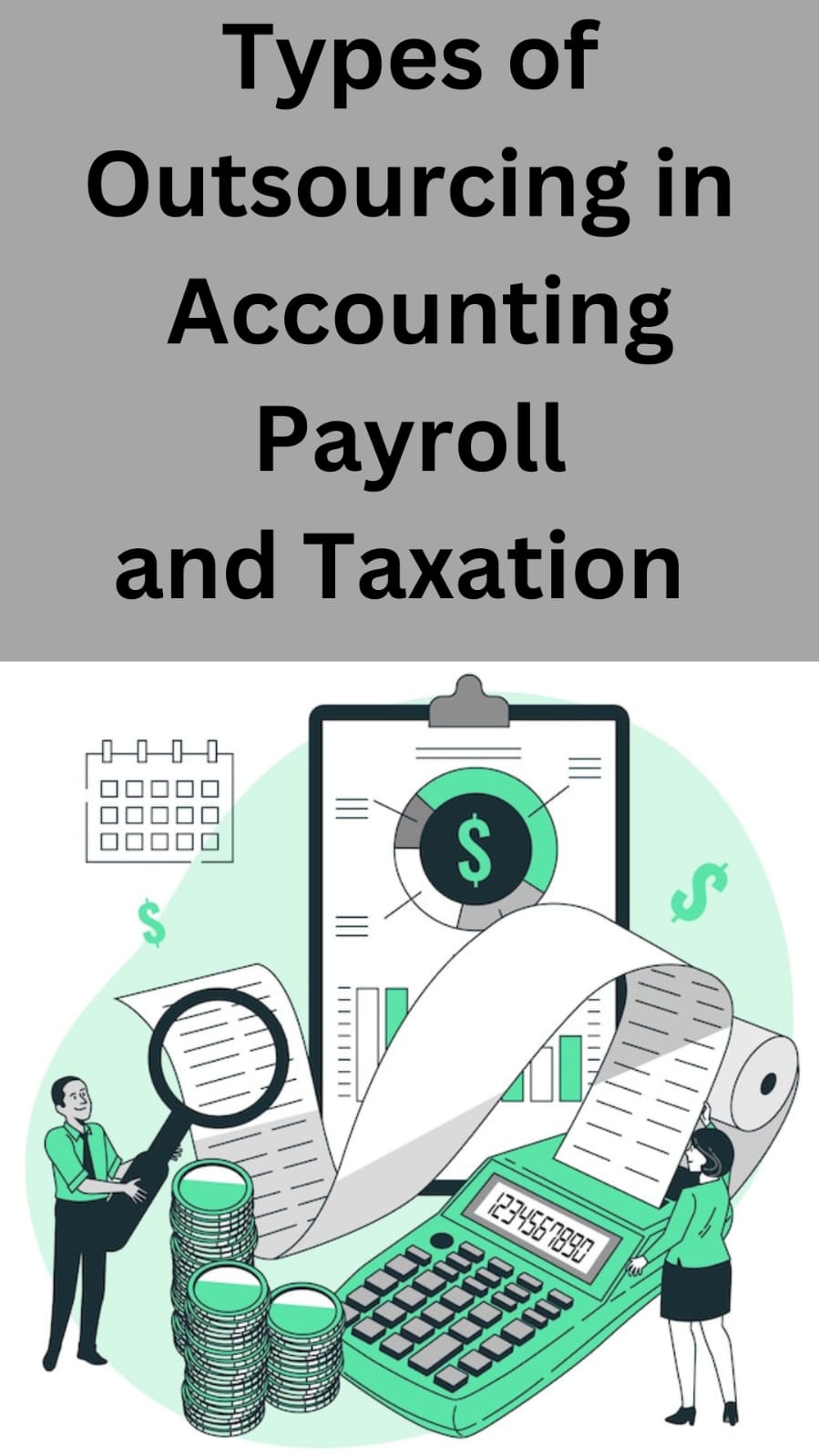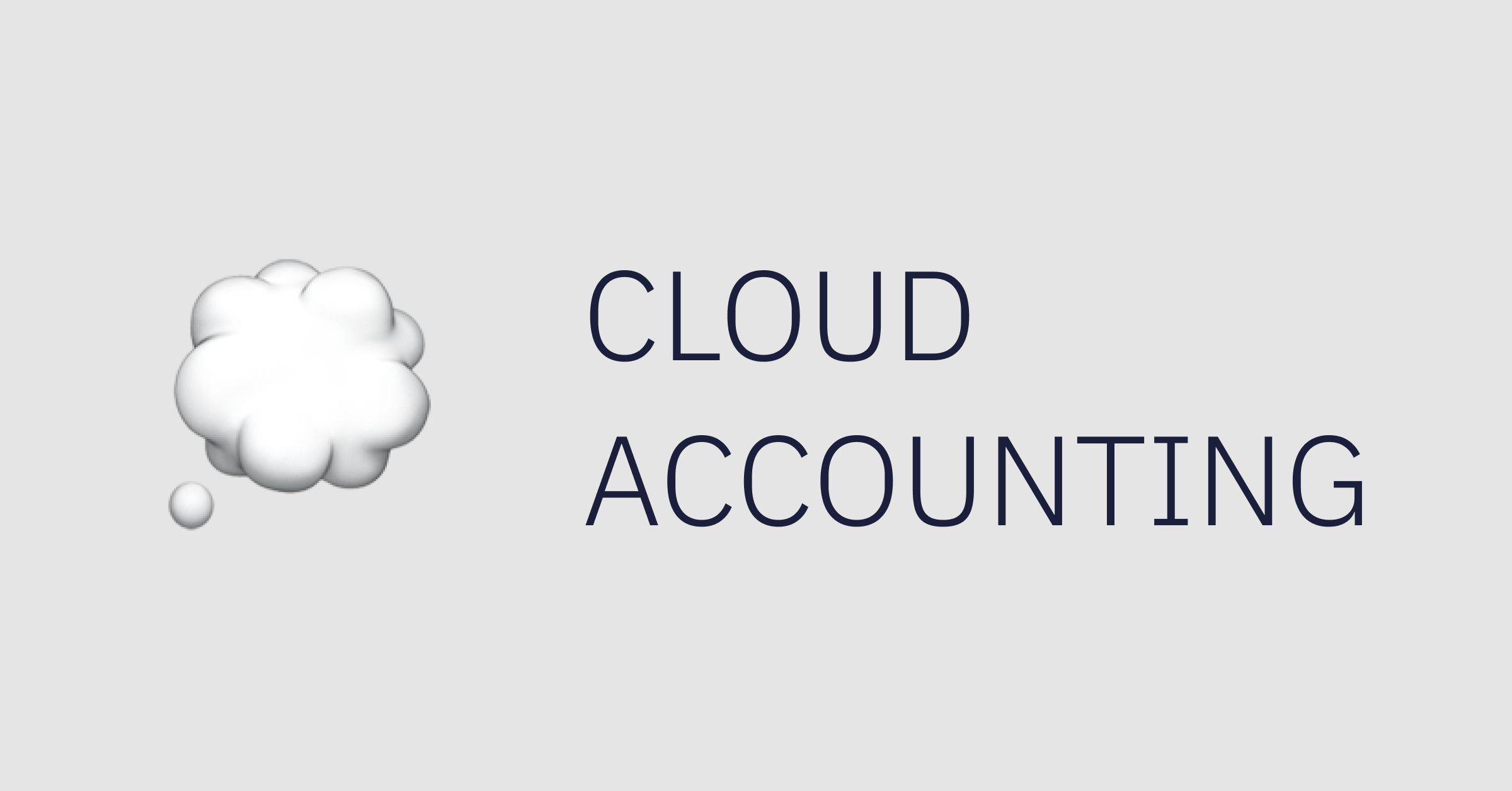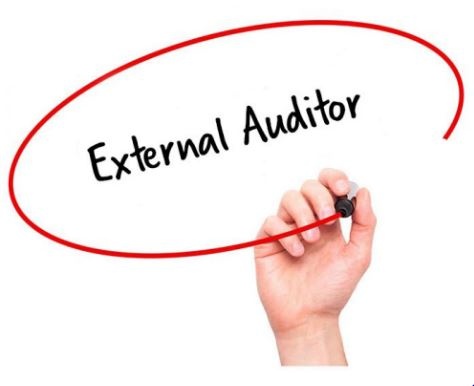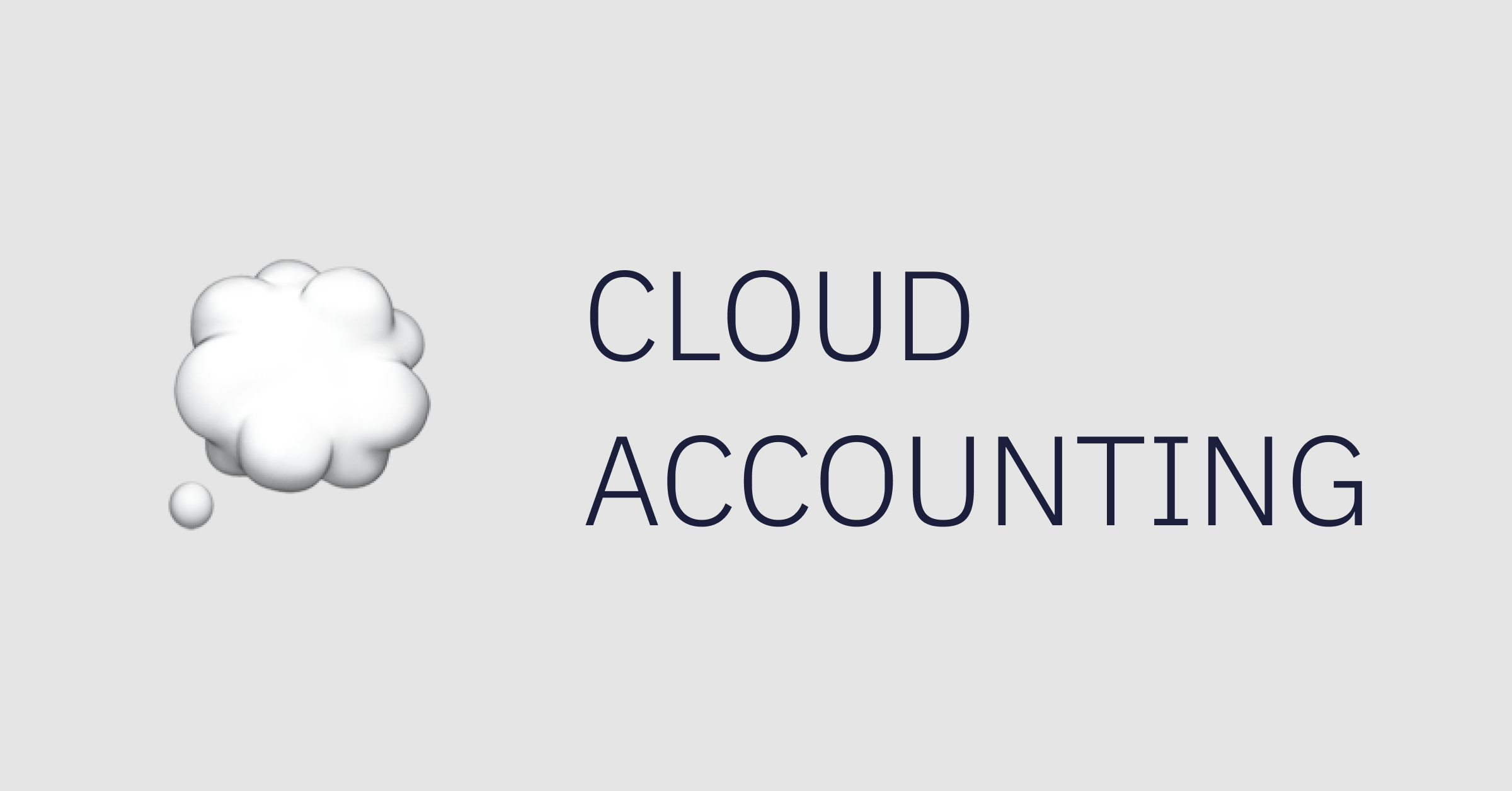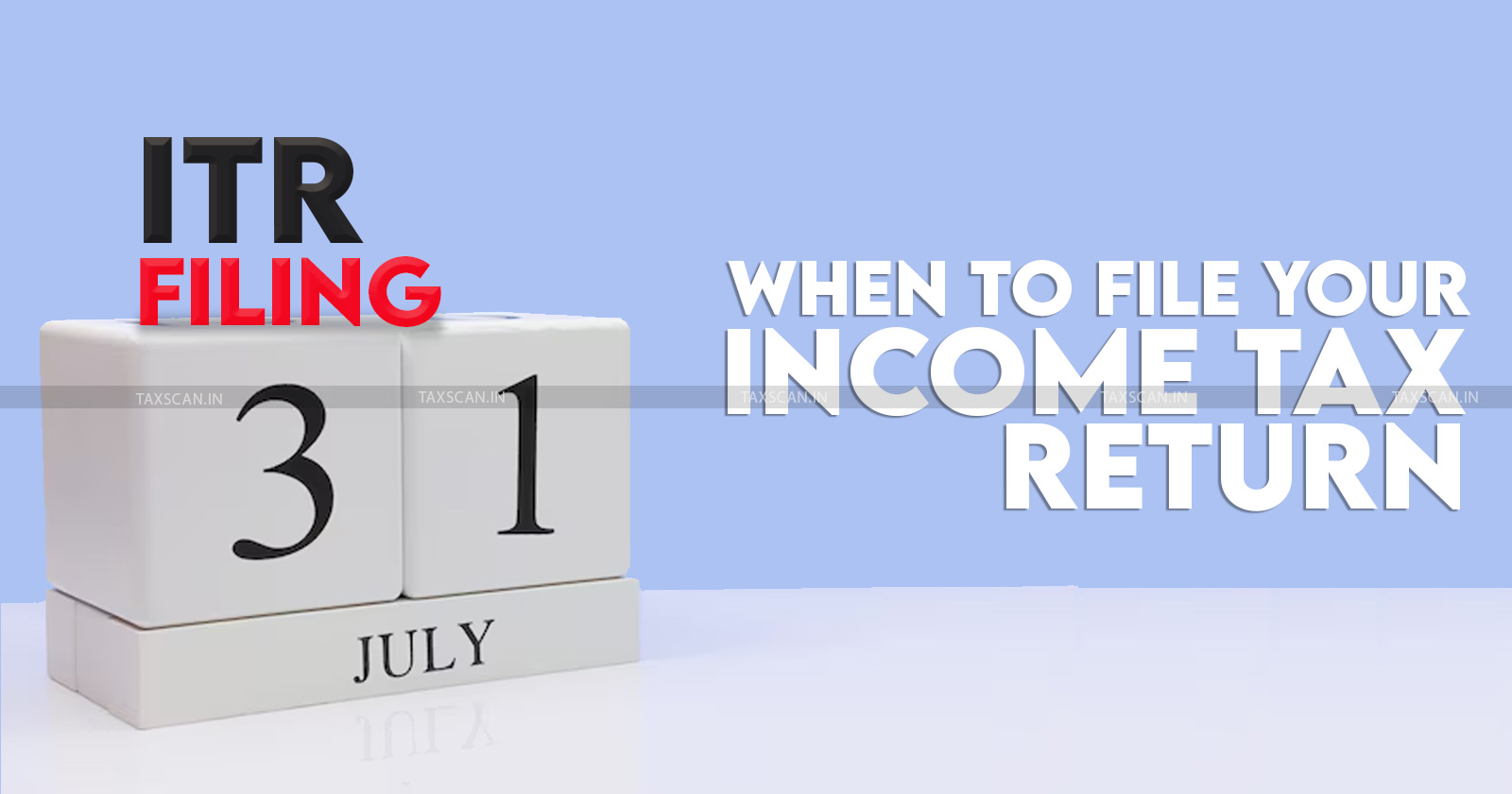UAE Corporate Tax Accounting Standards & Methods
The introduction of corporate tax in the UAE marks a significant change in the business landscape. To navigate this new terrain effectively, businesses need to understand the accounting standards and methods relevant to UAE corporate tax. Below is a concise guide to help businesses stay compliant and optimize their tax position.
The introduction of corporate tax in the UAE marks a significant change in the business landscape. To navigate this new terrain effectively, businesses need to understand the accounting standards and methods relevant to UAE corporate tax. Below is a concise guide to help businesses stay compliant and optimize their tax position.
1. International Financial Reporting Standards (IFRS) Adoption
Mandatory Compliance: Companies in the UAE are required to follow IFRS for financial reporting. This is crucial for the preparation of financial statements that align with international standards.
Accrual Basis of Accounting: IFRS mandates the use of the accrual basis, meaning income and expenses are recorded when they are earned or incurred, not when cash is received or paid.
2. Corporate Tax Calculation
Taxable Income Determination: Taxable income is calculated based on the net profit shown in the financial statements prepared under IFRS. This net profit is then adjusted for any exemptions, deductions, or non-taxable income.
Permanent and Temporary Differences: Businesses should account for differences between IFRS accounting and tax rules. Permanent differences (e.g., fines and penalties) do not reverse, while temporary differences (e.g., depreciation methods) may require deferred tax accounting.
3. Accounting for Deferred Taxes
Temporary Differences: Deferred taxes arise from differences between the tax base of assets and liabilities and their carrying amounts in financial statements. IFRS requires recognition of deferred tax assets and liabilities.
Deferred Tax Assets & Liabilities: Companies need to assess whether deferred tax assets are recoverable and must recognize liabilities for taxes payable in the future.
4. Documentation and Record Keeping
Retention of Records: Companies must maintain accurate and detailed records of all transactions, including invoices, contracts, and correspondences, for at least five years. This ensures compliance and facilitates tax audits.
Regular Audits: Conducting regular internal audits ensures that financial statements are accurate, complete, and compliant with IFRS, reducing the risk of penalties.
5. Impact on Business Strategy
Tax Planning: Companies should revisit their business strategies in light of the new corporate tax regime. This includes considering the timing of income and expenses, structuring transactions, and making investment decisions.
Transfer Pricing Considerations: Multinational companies must adhere to transfer pricing regulations, ensuring that transactions between related entities are at arm's length.
Conclusion
Navigating UAE Corporate Tax requires a robust understanding of IFRS and proactive tax planning. Businesses must ensure their accounting practices align with these standards to optimize tax outcomes and maintain compliance in this evolving regulatory environment.





